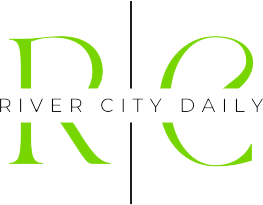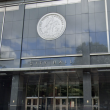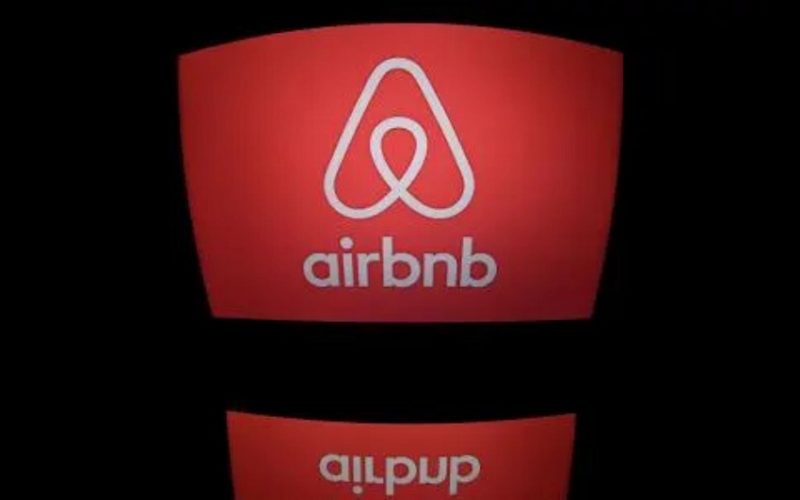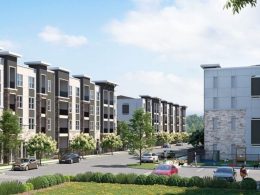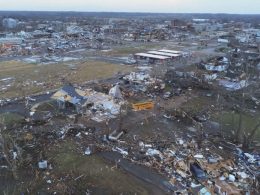As an Airbnb host, you may aspire to become a Superhost, a prestigious accolade that distinguishes the upper echelon of hosts on the platform. This status is a testament to exceptional hospitality and service, rewarding hosts with increased visibility, heightened earning potential, and exclusive benefits.
To attain this esteemed designation, hosts must meet a stringent set of criteria, assessed quarterly over the preceding year. These include completing a minimum of 10 trips or securing 3 reservations totaling at least 100 nights, sustaining a 90% or greater response rate, ensuring a cancellation rate below 1%, excluding extenuating circumstances, and achieving an average overall rating of 4.8 or higher as determined by Airbnb guest reviews.
Achieving Airbnb Superhost status comes with many advantages, such as a yearly $100 Airbnb coupon for maintaining their status, an additional 20% referral bonus when introducing a new host to the platform, prominent recognition on their listing, profile, promotional emails, and search filters, access to a dedicated customer support line for expedited assistance, and exclusive perks and discounts from Airbnb’s partners.
For guests, booking with a Superhost guarantees a top-tier experience with a dependable host who is dedicated to excellent service, effective communication, and the assurance of clean, comfortable, and accurate accommodations. Superhosts are also unlikely to cancel reservations, barring extenuating circumstances.
As of December 2020, more than 1.2 million hosts had the Airbnb Superhost badge worldwide, constituting approximately 22% of all hosts on the platform. Although achieving Airbnb Superhost status is challenging, it remains an attainable and rewarding goal for dedicated hosts.
However, the proliferation of short-term rentals in residential neighborhoods has given rise to a multitude of issues, such as amplified noise levels, increased vehicular congestion, and a heightened crime rate, leading to concerns from the Dallas citizens. Although the Dallas City Council has yet to deliberate on the possible implementation of an ordinance that would prohibit short-term rentals in the majority of the city’s residential areas, proprietors of Airbnb, VRBO, and comparable platforms continue to conduct business unhindered.
The growing presence of Dallas-based Airbnb superhosts is gradually becoming a predicament for Airbnb itself, with repercussions now manifesting in the form of fluctuations in the company’s stock value. According to a recent report by New York Post, Airbnb shares went down to $109.69 on Friday, which is 4.9% from the previous day. This happened after this week’s report by The Bear Cave, an investing blog, saying an increasingly savvy pool of professional hosts are replacing hotels and other booking sites as the latest competitive worry for the company.
Professional property management firms like Heirloom contribute significantly to Airbnb’s revenue, constituting over a quarter of earnings, as per data from AirDNA, a research organization specializing in the short-term rental market. Although these property managers, who oversee listings on behalf of independent owners, represent a mere 1% of all Airbnb and Vrbo hosts, they are responsible for managing 23% of the available listings. Consequently, they generate 28% of the overall revenue, as revealed by AirDNA’s findings.
In conclusion, while becoming an Airbnb Superhost can be a rewarding goal for hosts, the company is facing challenges and problems such as amplified noise levels, increased vehicular congestion, and a heightened crime rate. Furthermore, property managers and professional hosts pose a new competitive threat, and the company must address these issues to maintain its market position.
